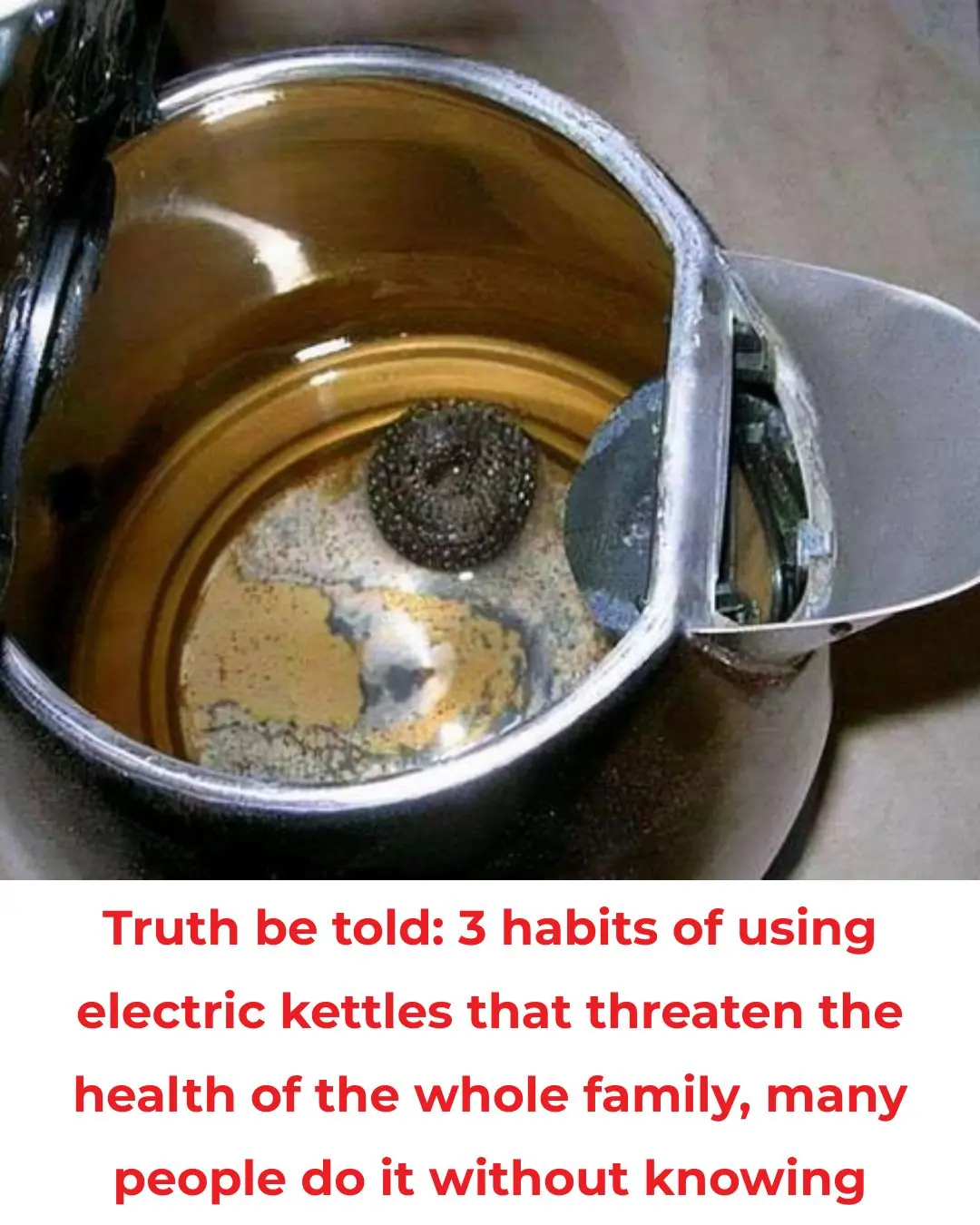
Super cheap, super clean drain cleaning tips using only ingredients in the kitchen without needing a plumber

A Simple Boiling Water Trick Can Clear Your Drain Without Chemicals
When water starts draining slowly or unpleasant odors rise from the sink, most people immediately reach for harsh chemical drain cleaners. However, according to a plumbing technician from Allen Plumbing (USA) who spoke with Express, there’s a much safer, more eco-friendly, and surprisingly effective solution hiding right in your kitchen.
“All you need is a kettle or a pot and some tap water,” the technician explained. “Bring it to a boil and carefully pour it directly down the drain. The boiling water helps dissolve grease, leftover soap scum, and small debris that often cause minor blockages.”
This simple method works particularly well for mild clogs, especially in kitchen sinks, where cooking oil and food residue tend to accumulate over time. The heat from the boiling water melts away fatty buildup, allowing trapped water to flow freely again.
Preventing Future Blockages
Pouring boiling water down your drains isn’t just a quick fix — it’s also a great preventive maintenance habit. Professional plumbers recommend doing this once a week to help keep your pipes clear and odor-free. Regular maintenance prevents residue from hardening inside the pipes, which can otherwise lead to more serious clogging over time.
Additionally, you can combine this habit with mindful kitchen practices — such as wiping greasy pans with paper towels before washing them, or using drain strainers to catch food scraps and hair. These small steps make a significant difference in extending the life of your plumbing system.
When Boiling Water Isn’t Enough
For tougher clogs, natural household ingredients can provide an extra boost. A well-known method combines baking soda and white vinegar:
-
Pour about half a cup of baking soda into the drain, followed by half a cup of vinegar.
-
Quickly cover the drain to trap the fizzing reaction inside.
-
After 15 minutes, flush it all down with hot (or boiling) water.
This chemical-free reaction breaks down grime, deodorizes the drain, and is particularly effective for bathroom sinks or kitchen drains that suffer from soap and oil buildup.
If you suspect the blockage is caused by hair or larger debris, try using a plunger to create suction, or a drain snake to physically remove the clog. In a pinch, even a straightened wire hanger can be used to pull out tangled hair or food particles stuck near the surface.
Chemical Drain Cleaners – The Last Resort
If none of these natural methods work, you may need to consider a chemical drain cleaner. However, experts strongly caution against overusing them. These products can be corrosive, potentially damaging your pipes and harming the environment when rinsed away.
“Chemical cleaners should always be the last resort,” the technician emphasized. “If you’re unsure about your plumbing’s condition or the severity of the blockage, it’s best to call a licensed plumber instead of risking further damage.”
While waiting for professional help, your kettle of boiling water may still be the most affordable, safest, and surprisingly effective tool at your disposal — a simple household item that can save you time, money, and frustration while keeping your drains clean and odor-free.
News in the same category

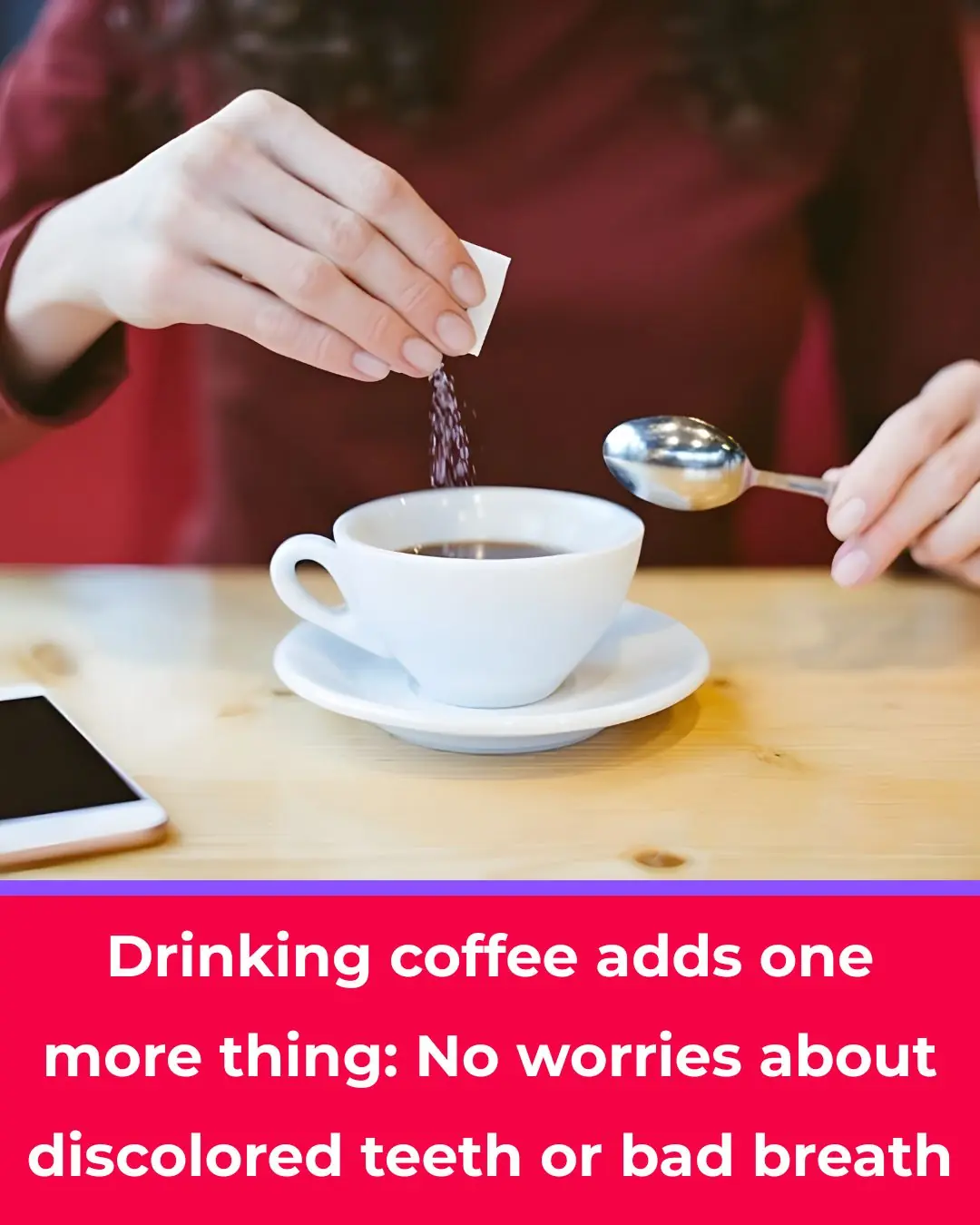
Drinking coffee adds one more thing: No worries about discolored teeth or bad breath
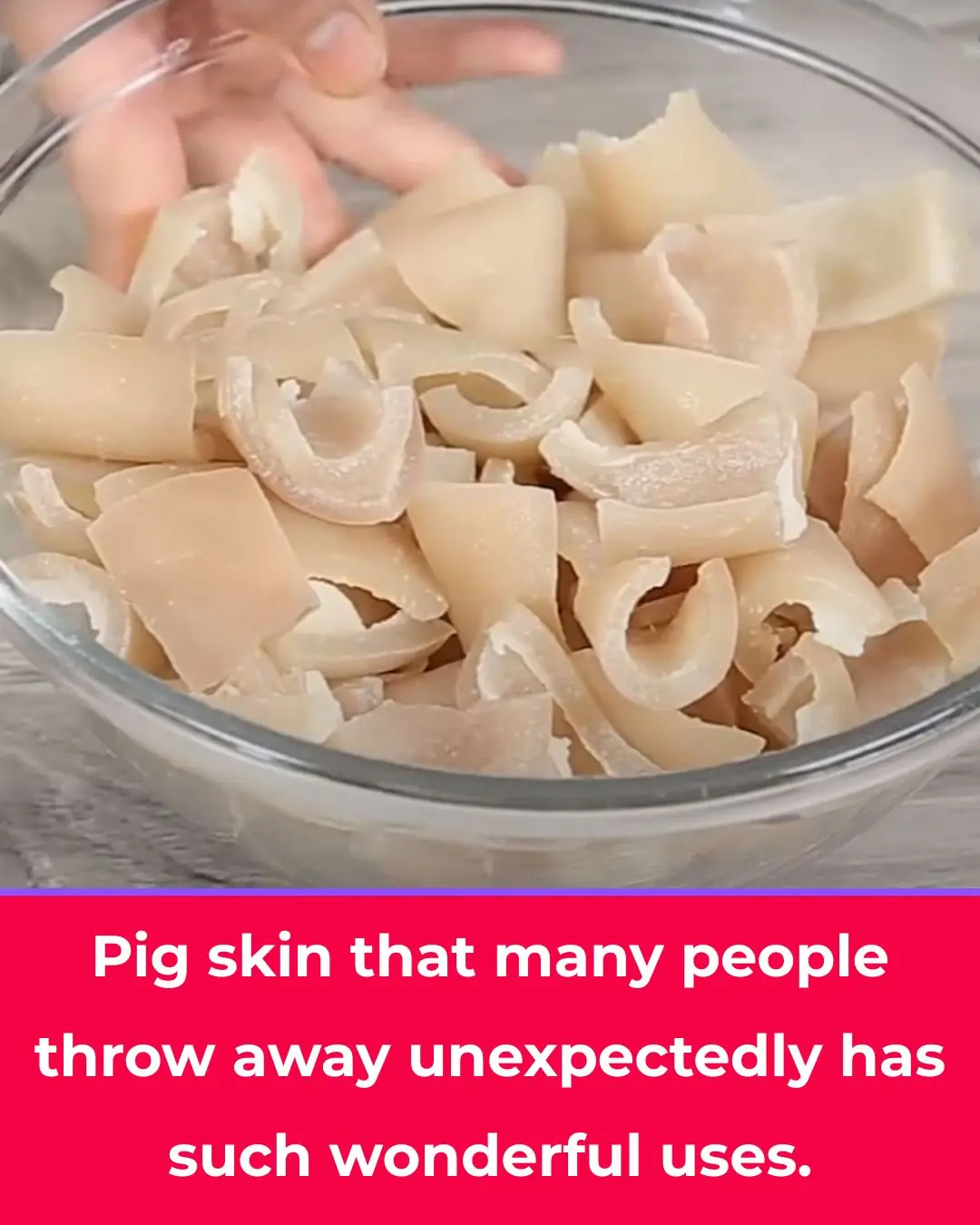
Pig skin that many people throw away unexpectedly has such wonderful uses

American doctor shows how to remove pesticides and dirt from fruits, just a few steps to reduce illness for the family

5 mistakes when drinking coffee that are harmful to your health: Especially the second type, quit immediately before it's too late
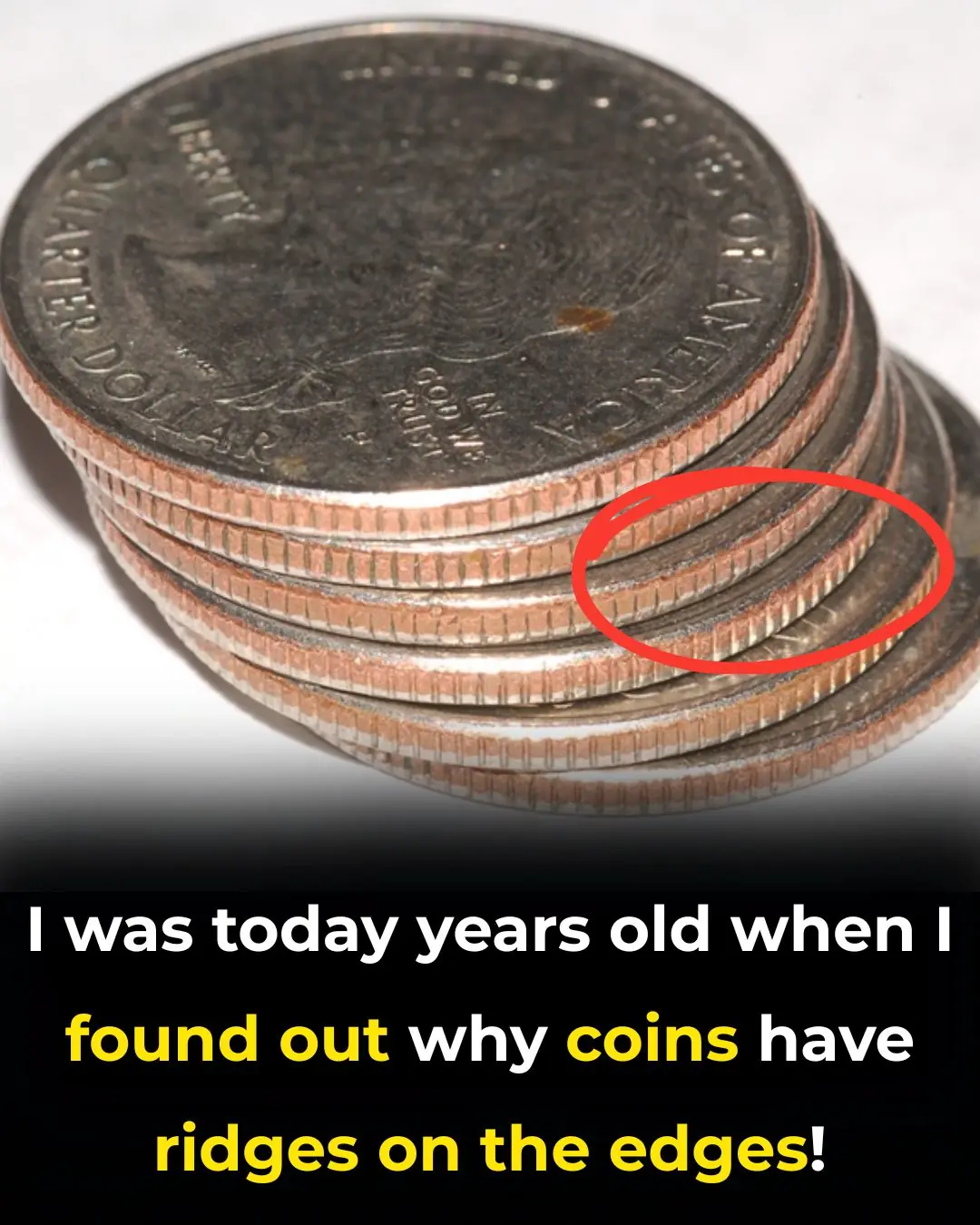
I was today years old when I found out why coins have ridges on the edges!
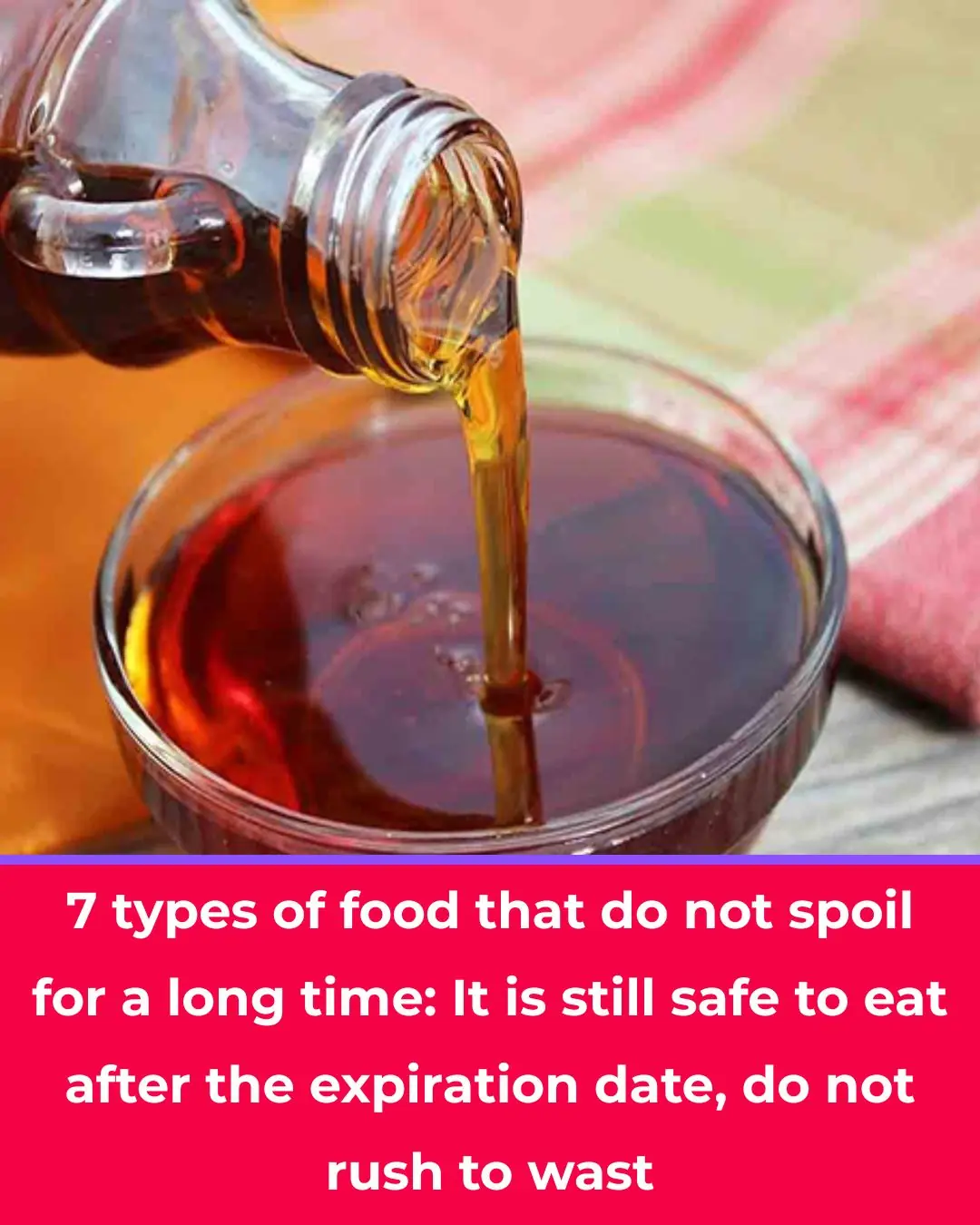
7 Foods That Don’t Spoil Easily: Still Safe to Eat Even After the Expiry Date

Here is what this little hole on the ear mean
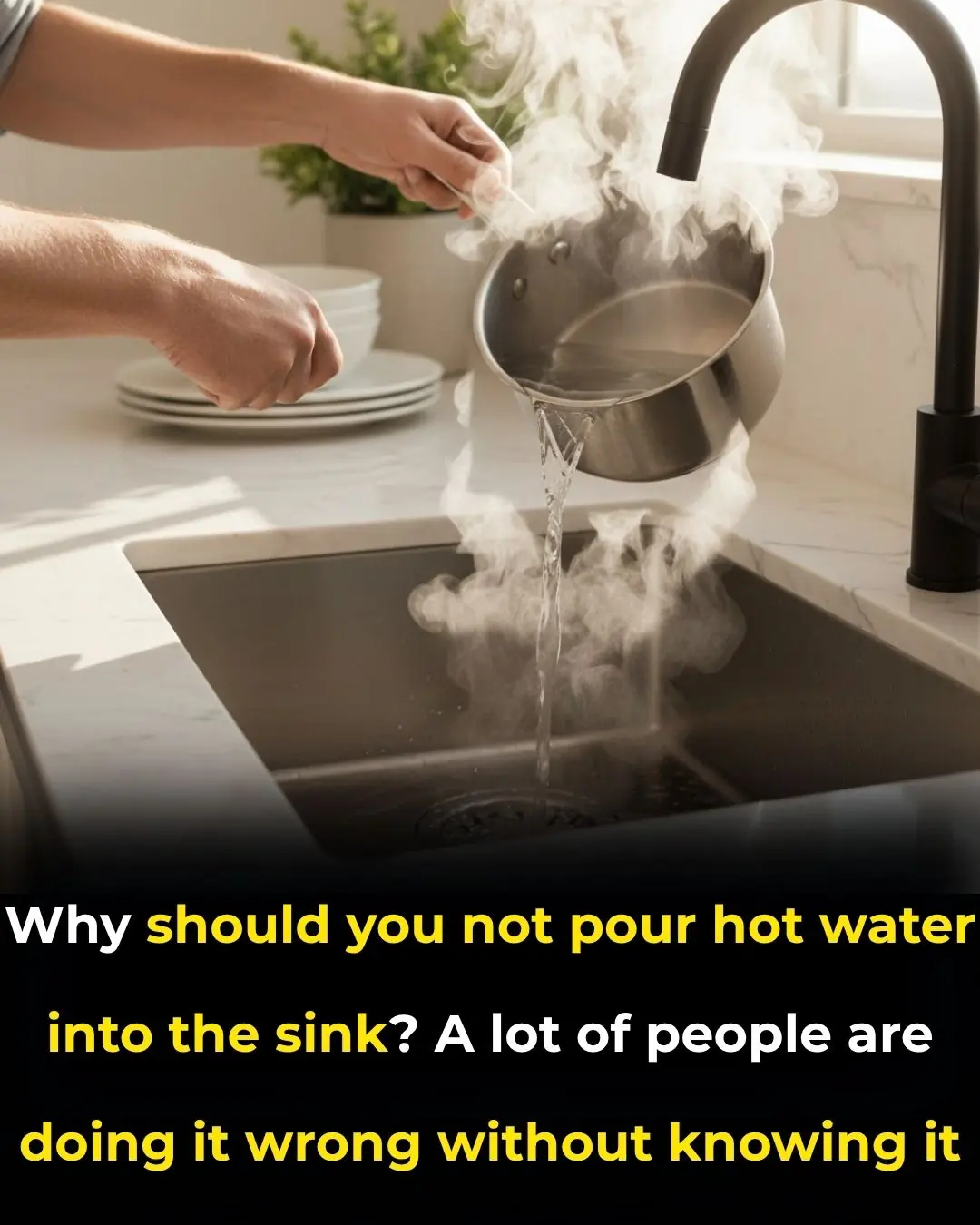
Why You Should Never Pour Hot Water Into The Sink
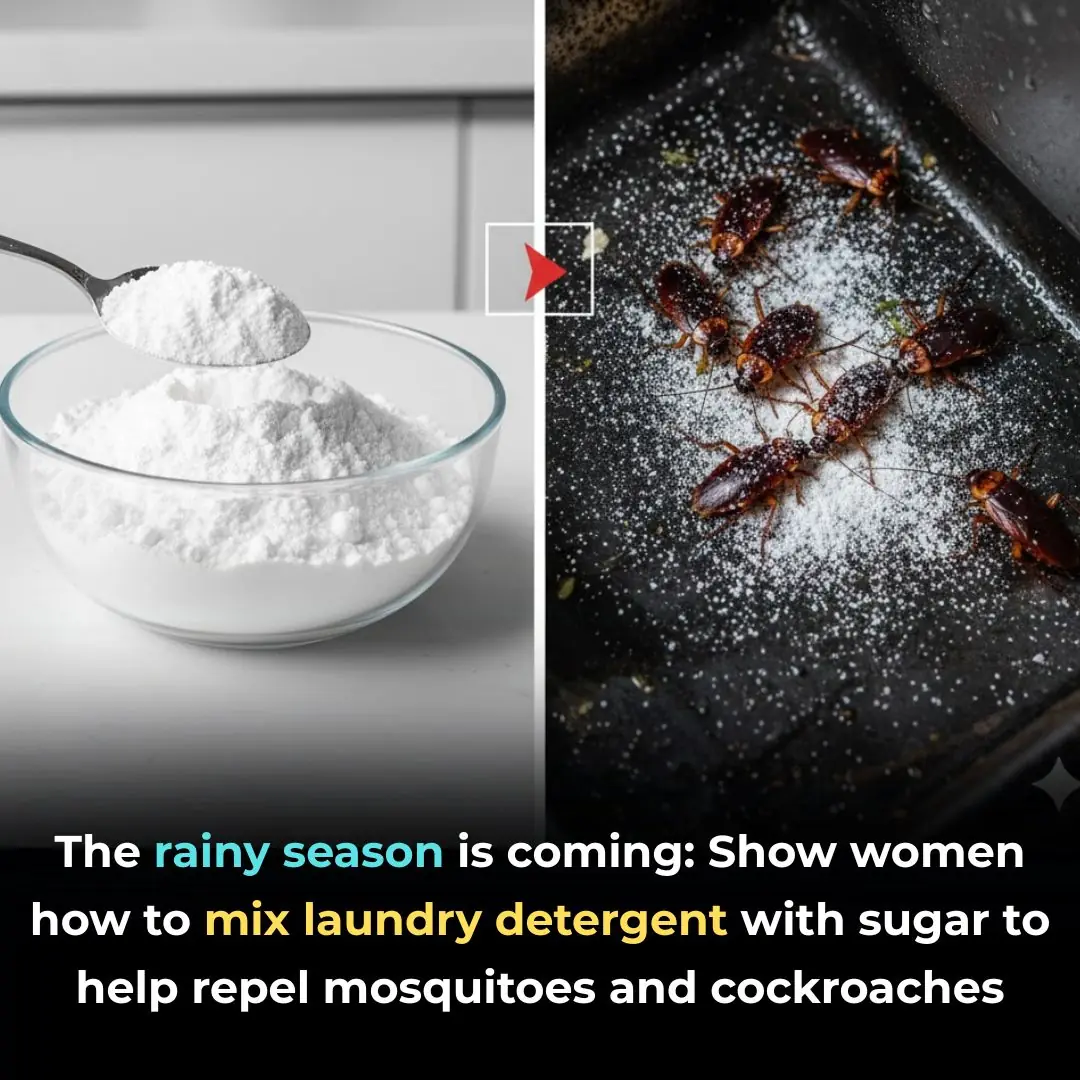
The rainy season is coming: Show women how to mix laundry detergent with sugar to help repel mosquitoes and cockroaches
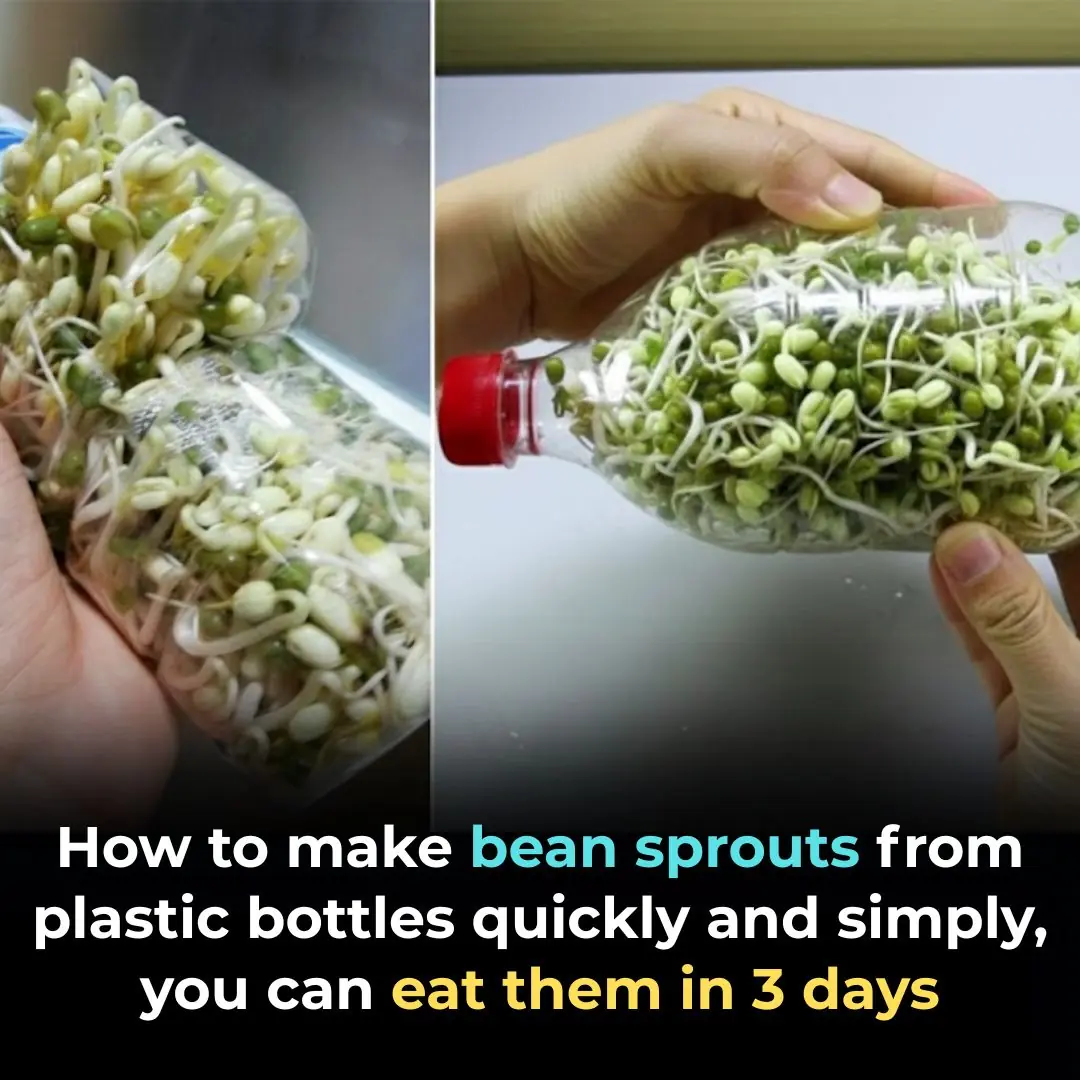
How to make bean sprouts from plastic bottles quickly and simply, you can eat them in 3 days
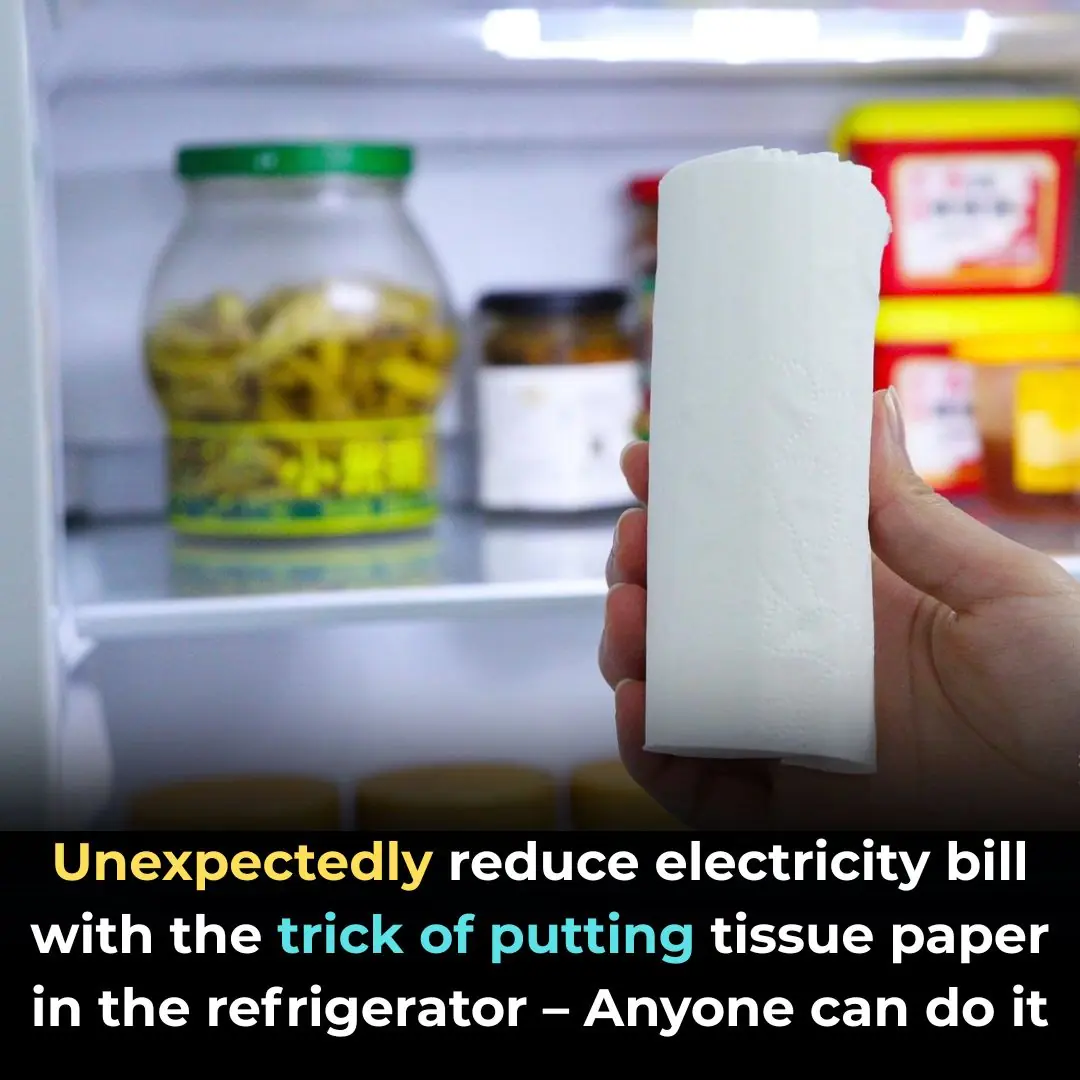
Unexpectedly reduce electricity bill with the trick of putting tissue paper in the refrigerator – Anyone can do it
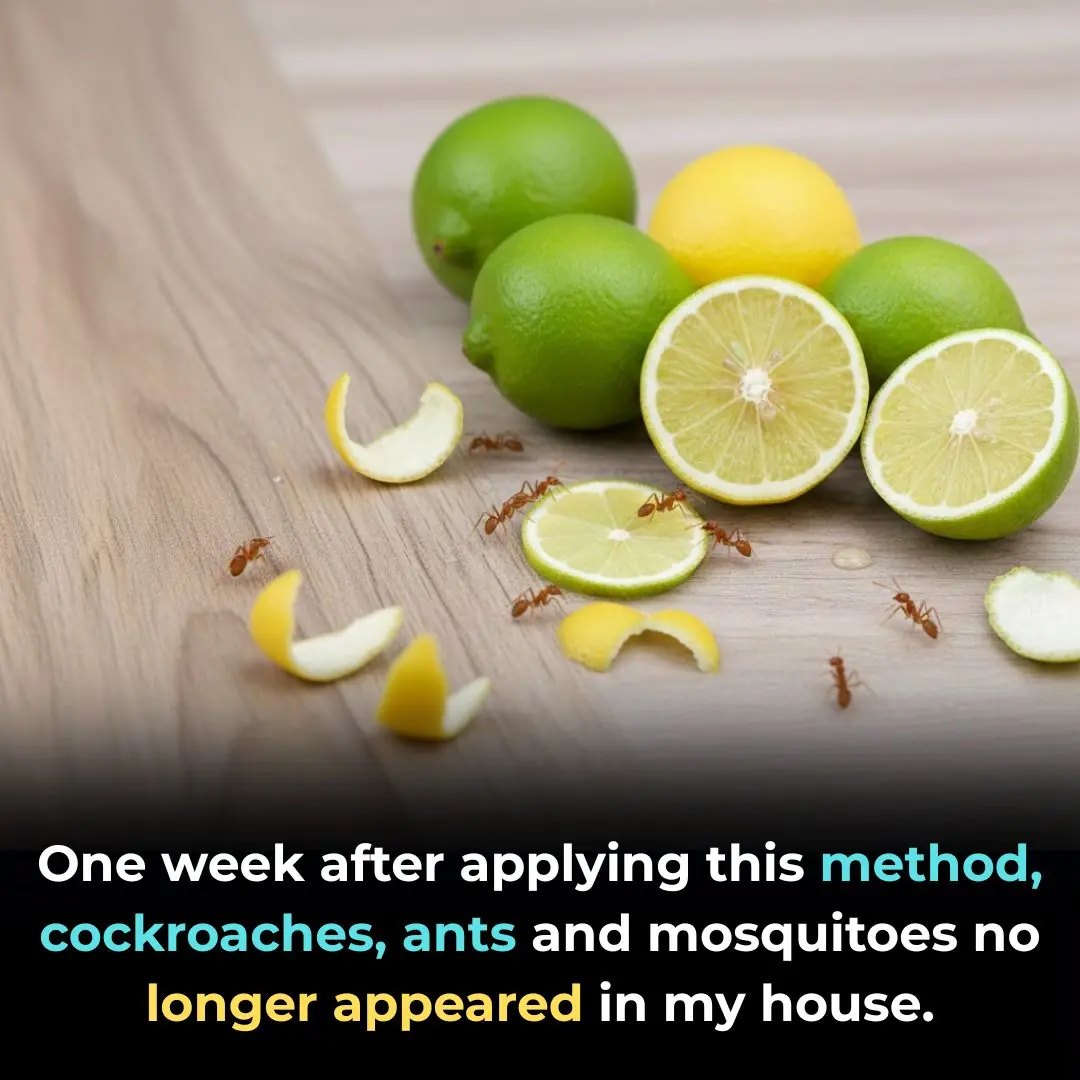
One week after applying this method, cockroaches, ants and mosquitoes no longer appeared in my house.

Just look at this point on the crab shell, 100% meat is enough to fill your teeth, husband and children praise it endlessly

No Matter How Dirty You Are, Absolutely AVOID These 7 “Dangerous Hours” When Washing Your Hair to Prevent Stroke, Sudden Illness, or Hospitalization Without Warning
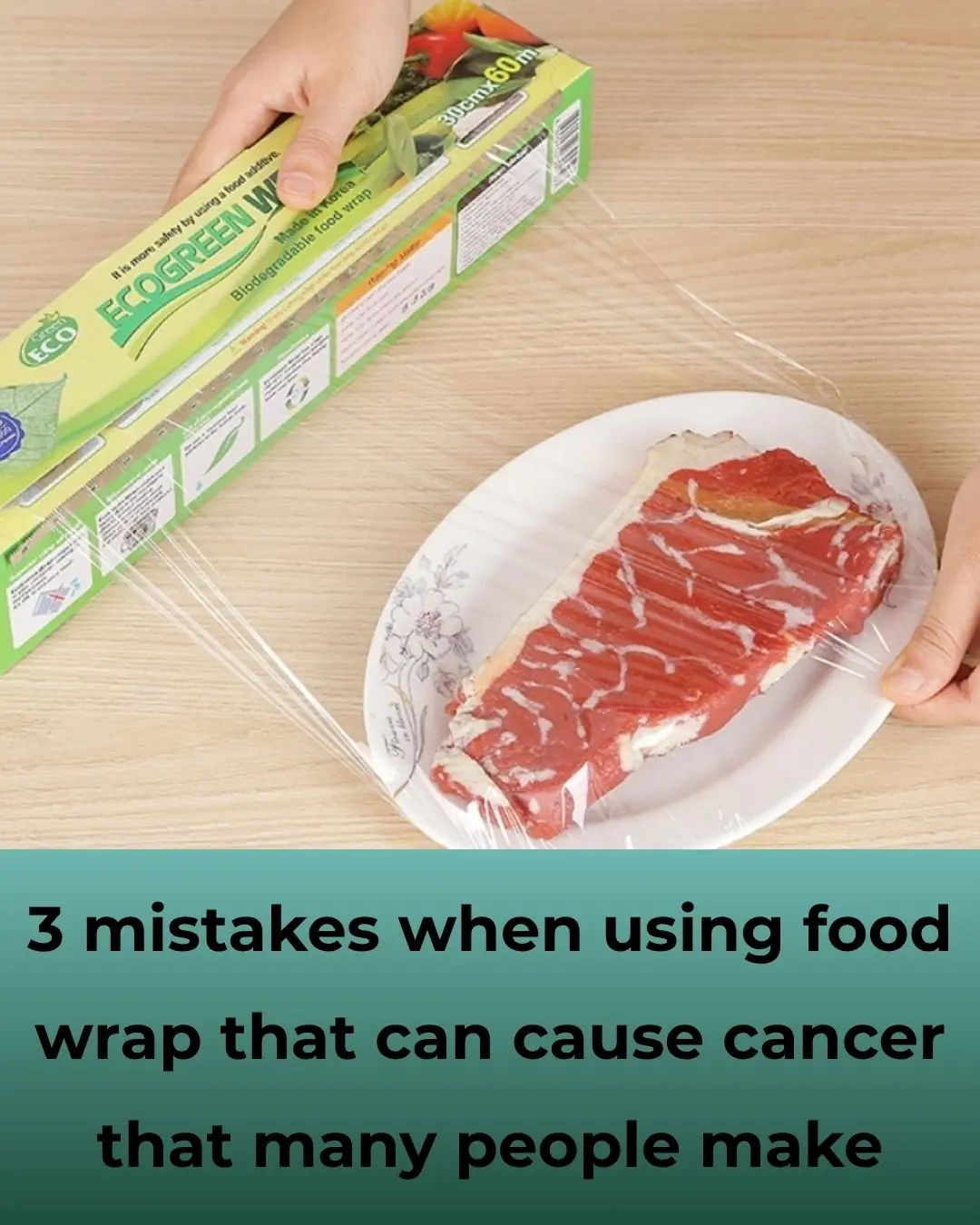
3 Common Mistakes When Using Plastic Wrap That Can Cause Cancer and Are Often Made by Many People
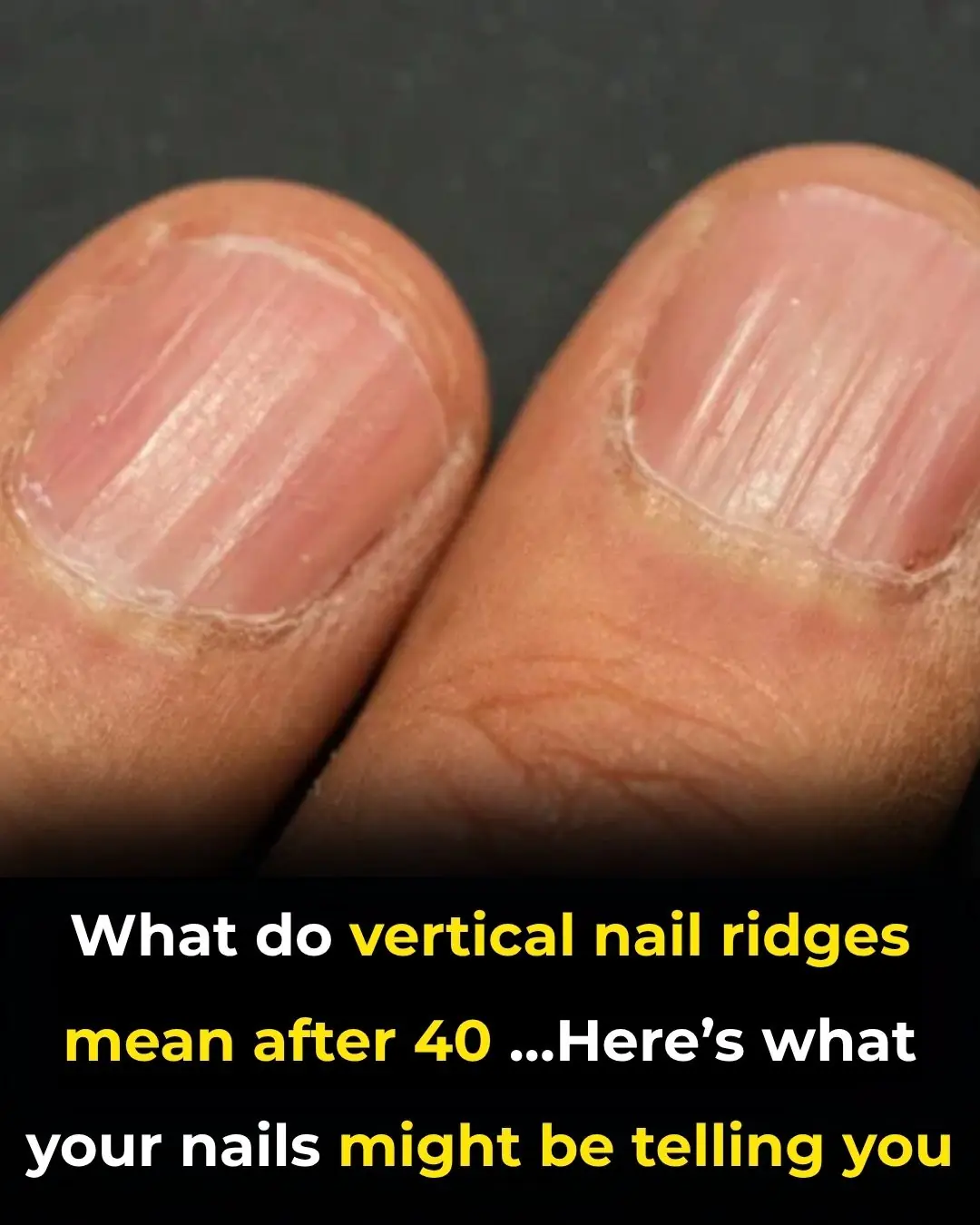
What Do Vertical Nail Ridges Mean After 40

What Your Favorite Ice Cream Flavor Says About You

Eggplant The King of Vegetables
News Post
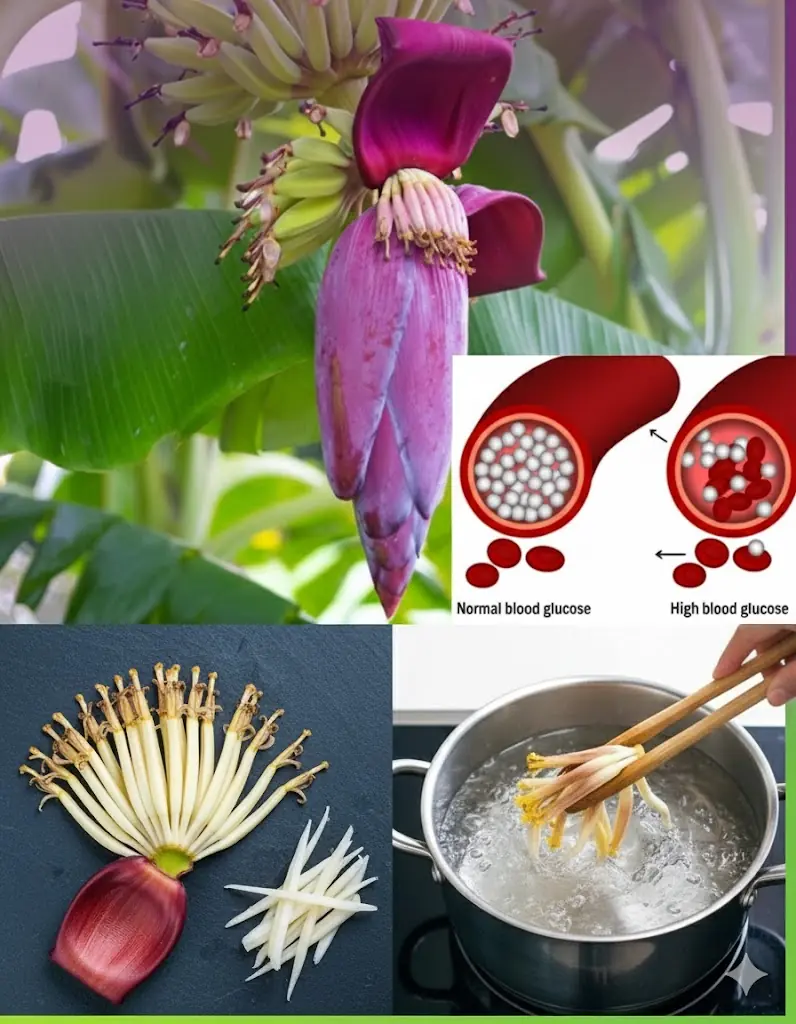
Banana Blossom: Health Benefits, Recipes, and Traditional Uses

The Stealthy Threat of the Evergreen Bagworm

Truth be told: 3 habits of using electric kettles that threaten the health of the whole family, many people do it without knowing

Drinking coffee adds one more thing: No worries about discolored teeth or bad breath

Pig skin that many people throw away unexpectedly has such wonderful uses

American doctor shows how to remove pesticides and dirt from fruits, just a few steps to reduce illness for the family

5 mistakes when drinking coffee that are harmful to your health: Especially the second type, quit immediately before it's too late
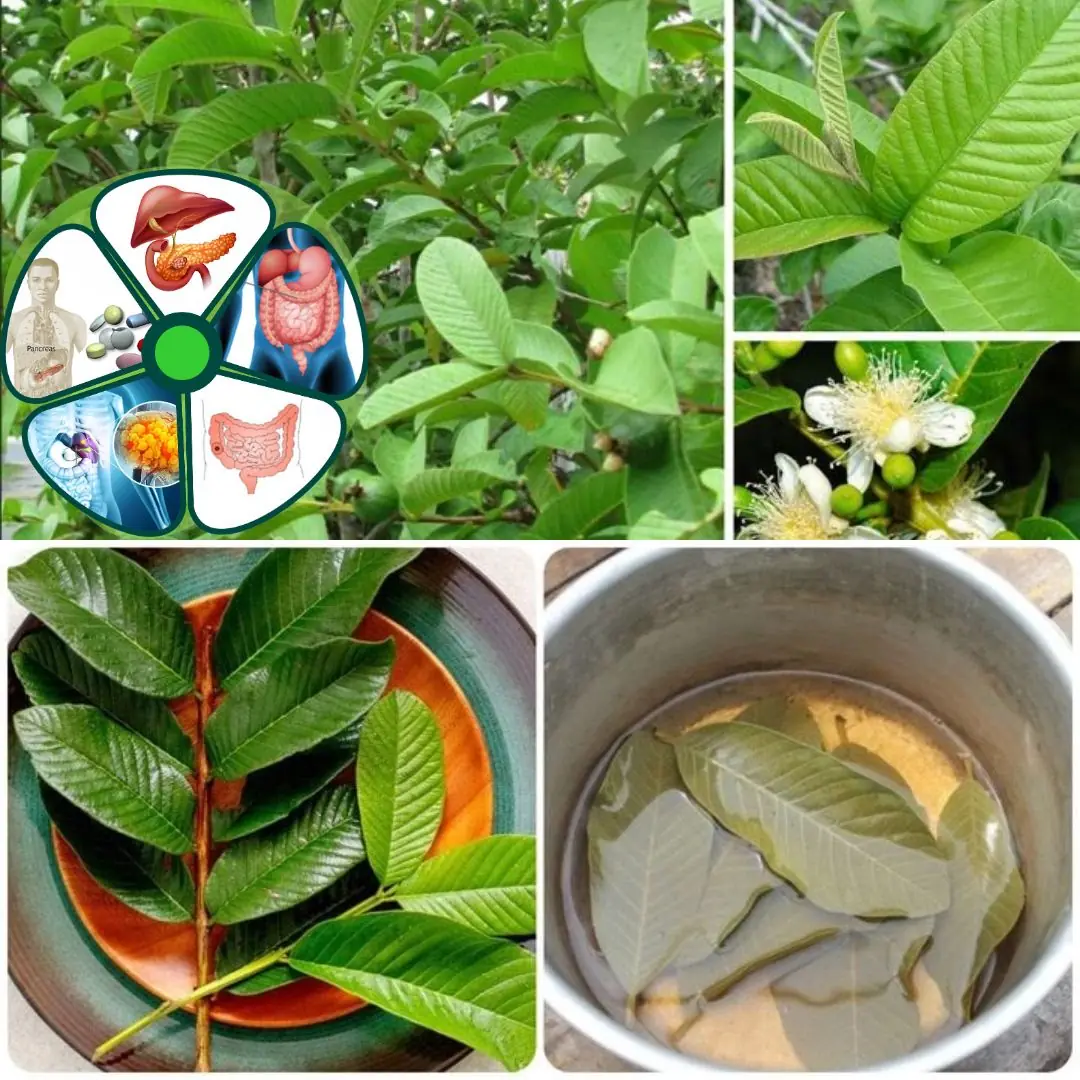
25 Incredible Benefits of Guava Leaves

Most people underestimate the power of pine needle sprite (better than you think)

A Rare Alignment of 7 Planets Is Taking Place in The Sky This Week

The World’s Oldest Bridge Is Still In Use, and You Can See It In Greece

Lyrid meteor shower peaks after Easter: How to spot the most ‘shooting stars’

Austria: 33 Interesting Facts You Might Not Know
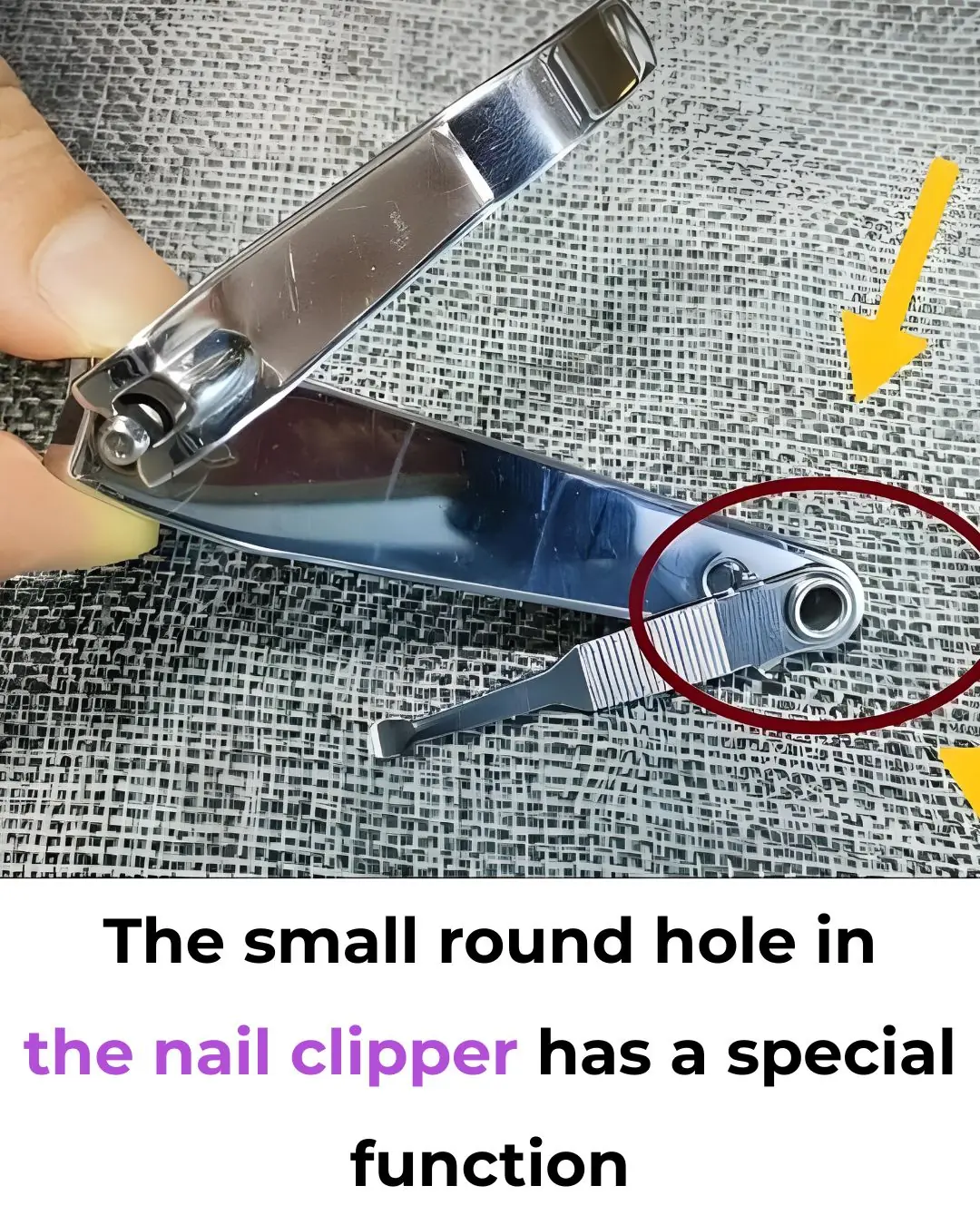
The tiny round hole on your nail clipper has a real job — and a few clever (safe) extras
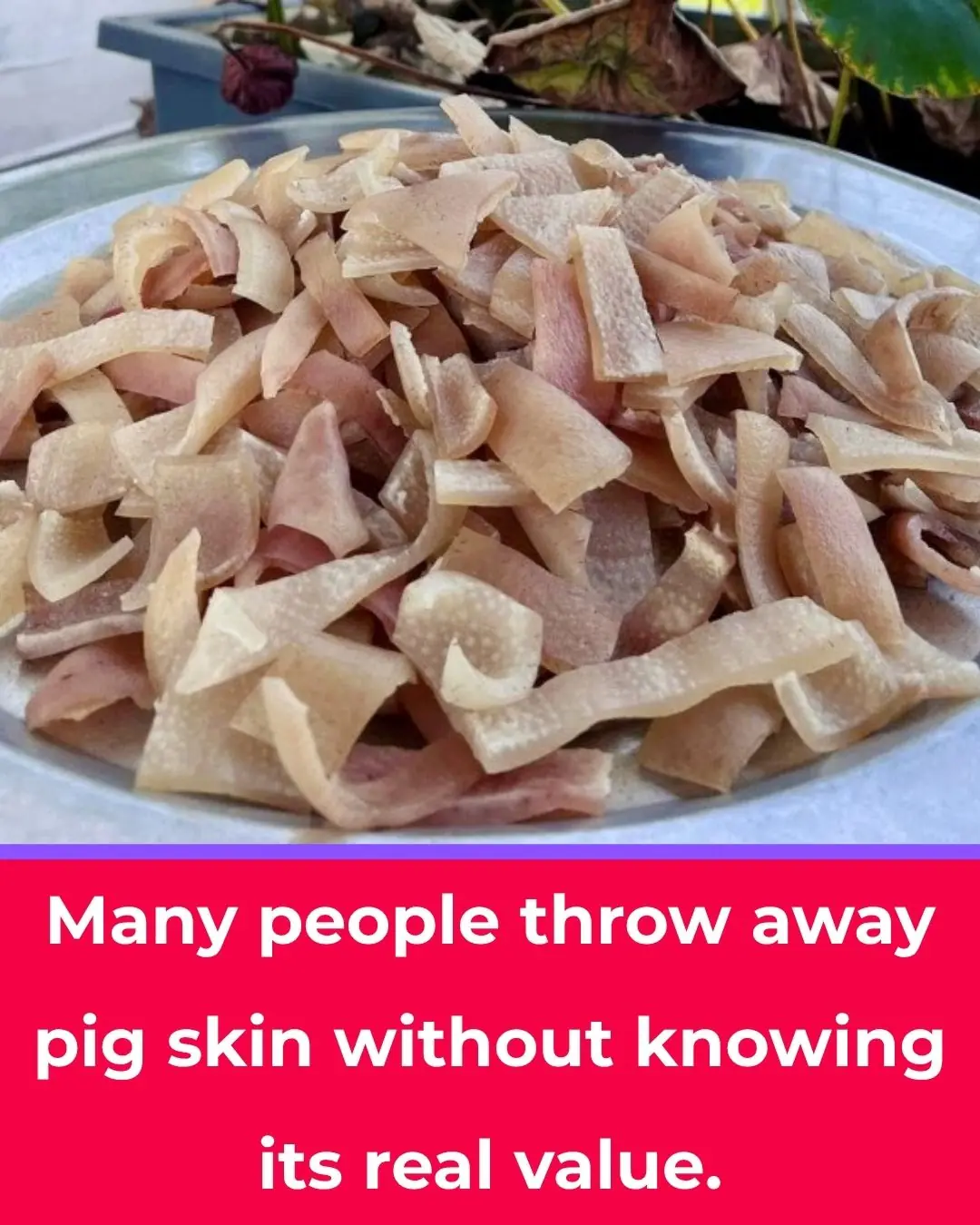
Pork skin: the cheap cut many people discard — and how to use it wisely for nutrition and safety

15 Interesting Travel Facts You May Not Know About Italy
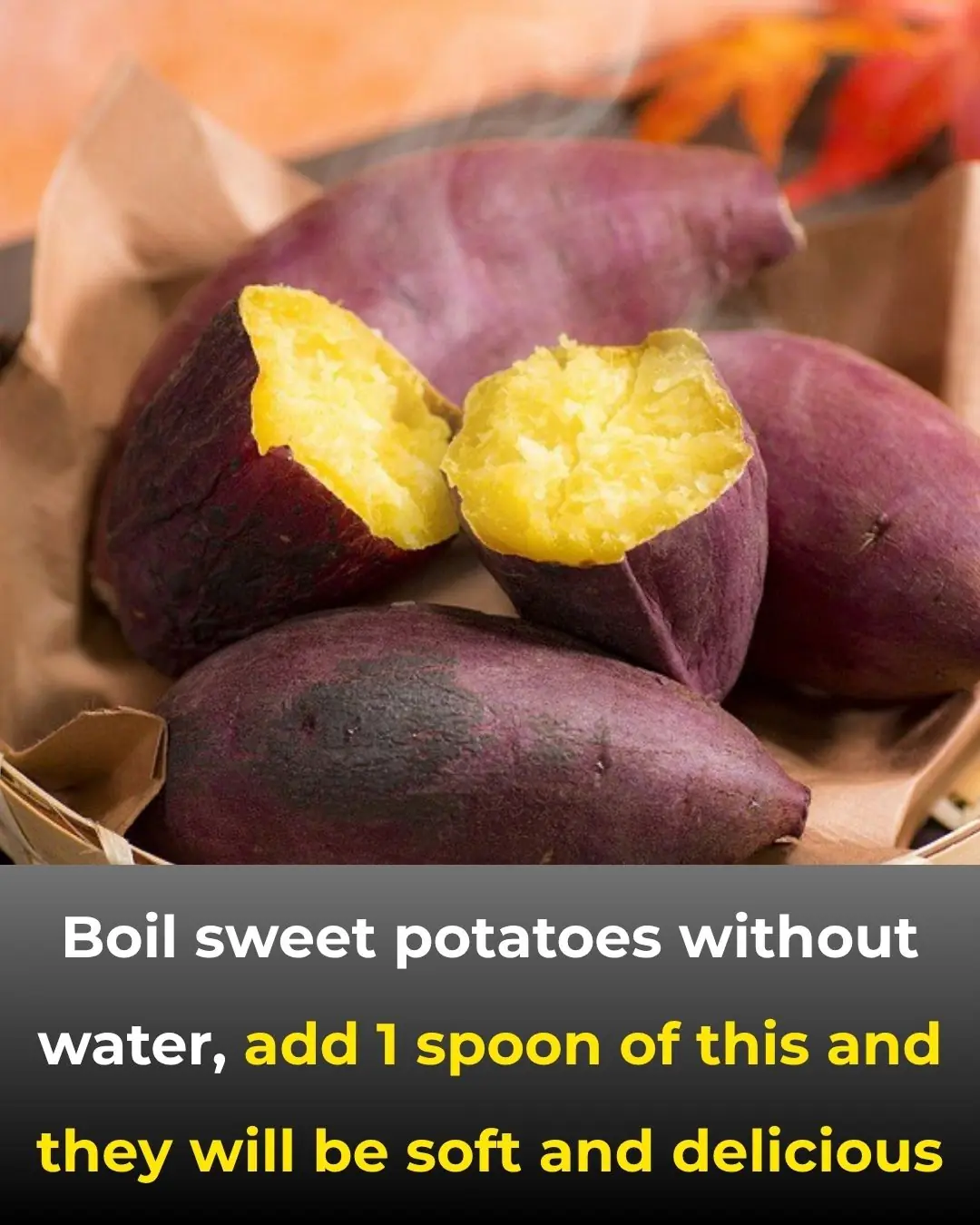
Boiled sweet potatoes: don’t use plain water—add a spoon of this for fluffy, deeply sweet results
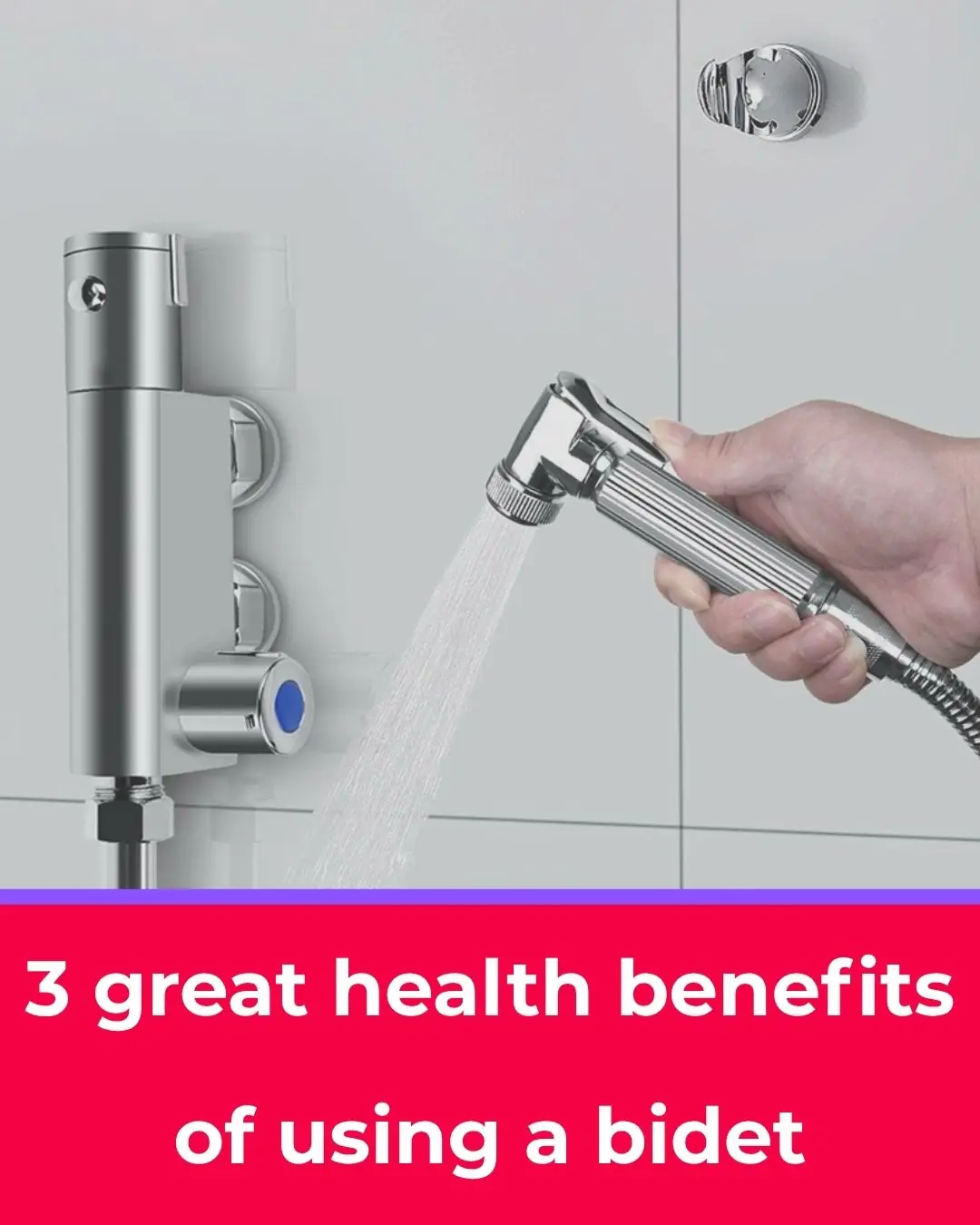
3 powerful health benefits of using a bidet — plus a bonus for the planet
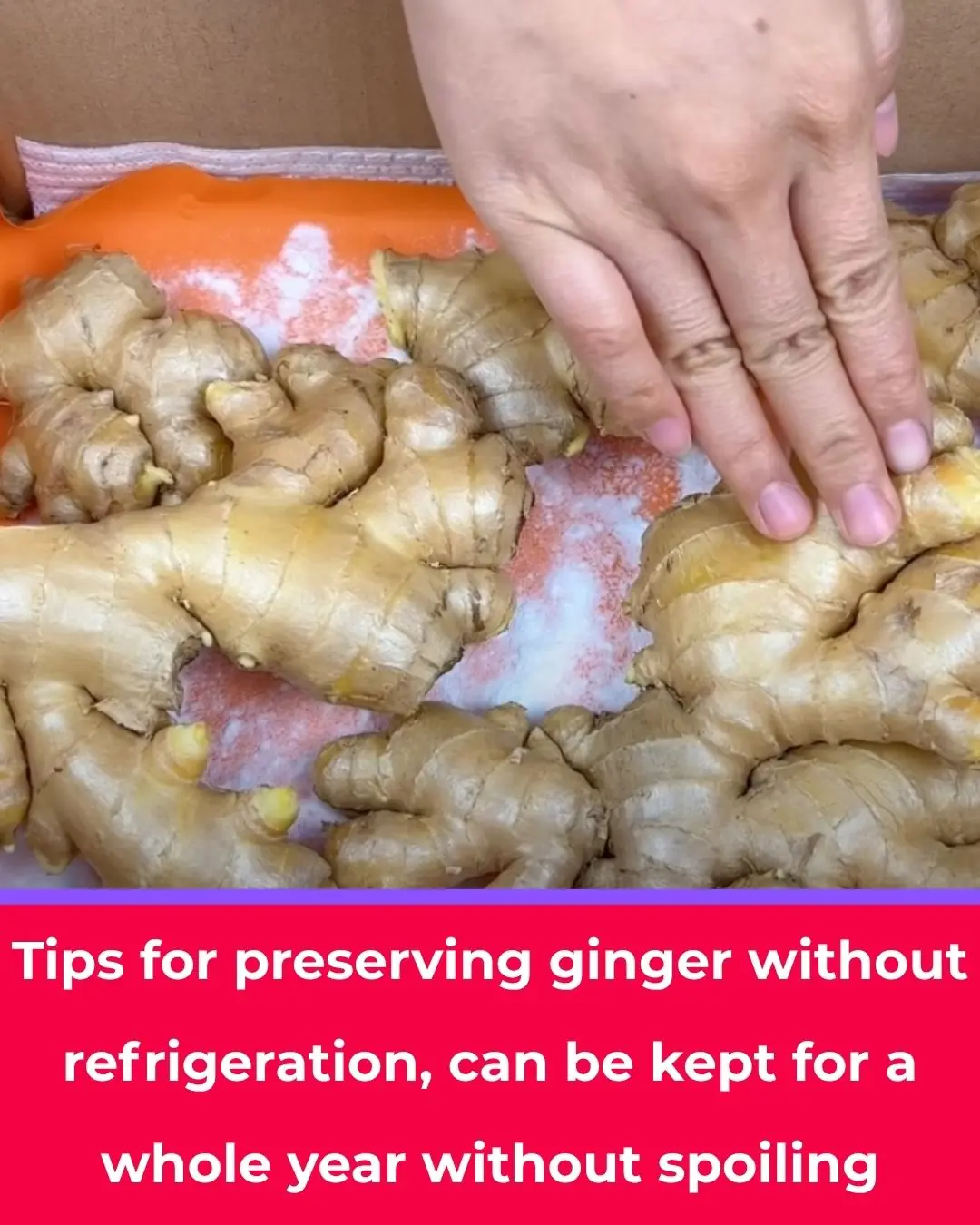
How to store fresh ginger so it lasts for months (even without a fridge)
